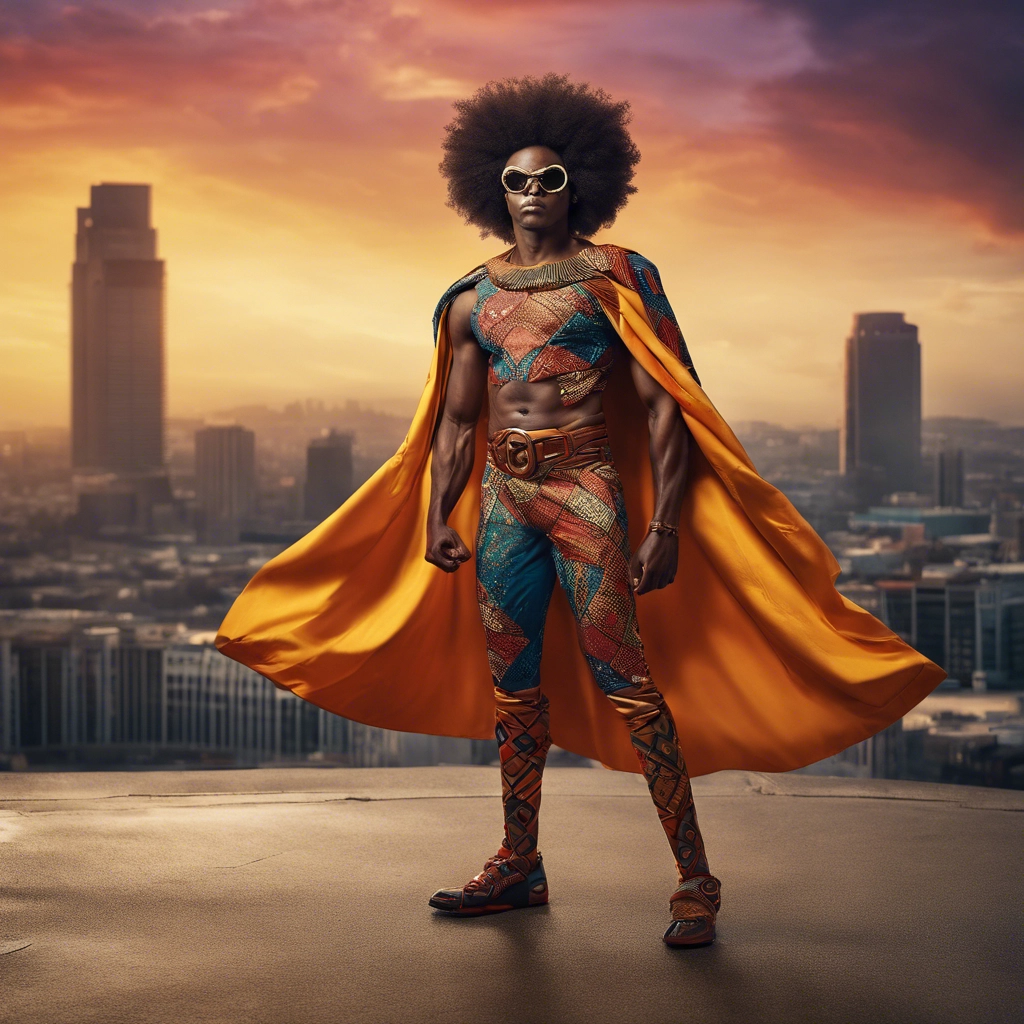Introduction
For decades, Black science fiction writers have been crafting futuristic, otherworldly, and thought-provoking stories that challenge societal norms while centering Black experiences. While mainstream sci-fi has historically overlooked Black voices, a new wave of Afro-Futurist and speculative fiction authors are redefining the genre. From pioneers like Octavia Butler to modern visionaries like N.K. Jemisin, Black sci-fi writers are creating new worlds, reimagining the future, and inspiring generations.
The Pioneers: Trailblazers in Black Sci-Fi
Octavia Butler (1947–2006)
Widely regarded as the mother of Afro-Futurism, Butler’s works explored race, power, gender, and survival in futuristic settings.
- Kindred – A time-travel novel that examines slavery through the eyes of a modern Black woman.
- Parable of the Sower – A dystopian novel that eerily predicts modern societal breakdowns and resilience.
- Lilith’s Brood – A series exploring alien encounters, genetic evolution, and the complexity of identity.
Samuel R. Delany (b. 1942)
Delany’s work is known for its intellectual depth, experimental storytelling, and fearless examination of race, sexuality, and language in sci-fi.
- Nova – A space opera blending mysticism and technology.
- Dhalgren – A surreal novel about a wandering amnesiac in a mysterious, ruined city.
- Babel-17 – A sci-fi classic that explores the power of language as a weapon.
The Modern Masters: Reimagining Sci-Fi for a New Generation
N.K. Jemisin (b. 1972)
Jemisin made history as the first Black author to win the Hugo Award for Best Novel three years in a row.
- The Broken Earth Trilogy – A powerful series blending fantasy and science fiction with themes of climate change and oppression.
- The City We Became – A speculative novel where cities have human avatars, and New York City’s is a Black man fighting cosmic forces.
Nnedi Okorafor (b. 1974)
Okorafor’s work is at the forefront of Africanfuturism, a genre focusing on African cultures and perspectives.
- Binti – A novella series about a Himba girl traveling the galaxy and encountering alien civilizations.
- Who Fears Death – A post-apocalyptic fantasy novel set in Sudan, blending magic and advanced technology.
- Lagoon – A first-contact story set in Lagos, Nigeria, where aliens arrive with world-changing consequences.
Tananarive Due (b. 1966)
Due blends horror, sci-fi, and historical fiction to explore Black identity, spirituality, and survival.
- My Soul to Keep – A supernatural thriller about an immortal Ethiopian man navigating the modern world.
- The Good House – A horror novel rooted in African mysticism and generational curses.
Tochi Onyebuchi (b. 1987)
Onyebuchi’s work examines racial justice, dystopian futures, and Black resilience through sci-fi and fantasy.
- Riot Baby – A gripping novella about a girl with powerful abilities navigating systemic racism in America.
- War Girls – A cyberpunk-inspired novel set in a futuristic Nigeria torn by war and technological advancements.
The Future of Black Sci-Fi
Black science fiction is more than just storytelling—it’s a revolutionary act of reclaiming the future. These authors are not only writing themselves into the future but also reshaping the genre itself, proving that sci-fi is for everyone.
With more Black writers breaking into the industry, the future of speculative fiction is bold, diverse, and deeply relevant. The next generation of Black sci-fi writers will continue pushing boundaries, blending African heritage with futuristic visions, and ensuring that Black voices remain at the center of speculative storytelling.
Black sci-fi writers have always been here, crafting stories that challenge, inspire, and innovate. Whether through Afro-Futurism, dystopian fiction, or cosmic adventures, their work is a testament to the power of imagination. As readers, supporting these authors means embracing a richer, more inclusive vision of the future—one where Black creativity thrives beyond the stars.


